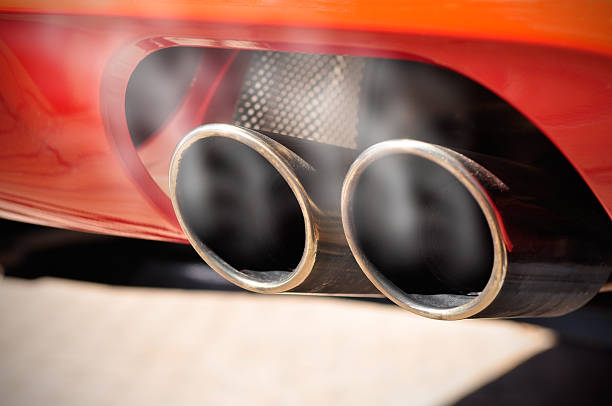From Horsepower to Horse Whispering: The Art of Engine Tuning
In the realm of automobiles, engine tuning is a delicate dance—a blend of art and science that requires precision, finesse, and an intimate understanding of a vehicle's heartbeat. This article will delve into the intricacies of engine tuning, tracing its roots from the earliest days of the automotive industry to its modern-day manifestations.

A Brief History of Engine Tuning
In the early days of the automobile, engine tuning was a rudimentary process, more akin to blacksmithing than to modern engineering. As cars became more complex and engineering advanced, the art of tuning evolved into a sophisticated science.
The advent of electronic fuel injection in the mid-20th century marked a significant turning point for engine tuning. This technology allowed for much greater precision in fuel delivery, leading to improved engine performance and efficiency.
With the digital revolution of the late 20th century, computer-controlled engines became the norm. This brought about a new era of tuning, with computer software playing an integral role in optimizing engine performance.
The Science Behind Engine Tuning
At its core, engine tuning is about optimizing the engine’s performance. This can involve a range of modifications, from adjusting the air-fuel mixture to tweaking the ignition timing.
One key aspect of engine tuning is the air-fuel ratio, which is the proportion of air to fuel in the engine’s combustion chamber. By fine-tuning this ratio, engineers can optimize the engine’s power output and efficiency.
Ignition timing is another critical parameter. By adjusting when the spark plug fires relative to the engine’s rotation, tuners can optimize power delivery and minimize fuel consumption.
Current Trends in Engine Tuning
In recent years, the focus of engine tuning has shifted towards environmental sustainability. With increasing awareness of climate change, tuners are now seeking ways to optimize engine performance while minimizing emissions.
One innovative trend is the use of biofuels, which can reduce greenhouse gas emissions compared to conventional fuels. Another emerging trend is the use of advanced engine control units (ECUs) that can continuously adjust engine parameters to optimize performance and efficiency in real-time.
The Impact of Engine Tuning
Engine tuning has a profound impact on a vehicle’s performance. A well-tuned engine can deliver more power, better fuel efficiency, and improved drivability. It can also prolong the engine’s lifespan by reducing wear and tear.
However, engine tuning also presents challenges. It requires specialized knowledge and equipment, and if not done correctly, it can damage the engine or reduce its lifespan. Furthermore, modifying an engine can void the vehicle’s warranty, and in some jurisdictions, it may be illegal.
Conclusion
Engine tuning is a complex and fascinating aspect of automotive technology. From its humble beginnings to its modern-day sophistication, it represents a blend of art and science that continues to push the boundaries of automotive performance. As the automotive industry evolves, engine tuning will undoubtedly continue to play a crucial role in shaping the cars of the future.




